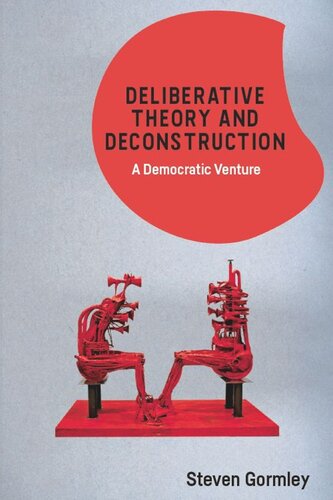

Most ebook files are in PDF format, so you can easily read them using various software such as Foxit Reader or directly on the Google Chrome browser.
Some ebook files are released by publishers in other formats such as .awz, .mobi, .epub, .fb2, etc. You may need to install specific software to read these formats on mobile/PC, such as Calibre.
Please read the tutorial at this link: https://ebookbell.com/faq
We offer FREE conversion to the popular formats you request; however, this may take some time. Therefore, right after payment, please email us, and we will try to provide the service as quickly as possible.
For some exceptional file formats or broken links (if any), please refrain from opening any disputes. Instead, email us first, and we will try to assist within a maximum of 6 hours.
EbookBell Team

4.1
30 reviewsOur political climate is increasingly characterised by hostility towards constructed others. Steven Gormley answers the question: what does it mean, and how can we respond to the demand, to do justice to the other?
Gormley pursues this question by developing a critical, but productive, dialogue between deliberative theory and deconstruction. Two key claims emerge from this: doing justice to the other demands that we maintain an ethos of interruption; such an ethos requires a democratic form of politics. In developing this account, Gormley places deliberative theory and deconstruction into critical conversation with one the work of Mouffe, Aristotle, Rorty, Laclau and different traditions of critical theory.